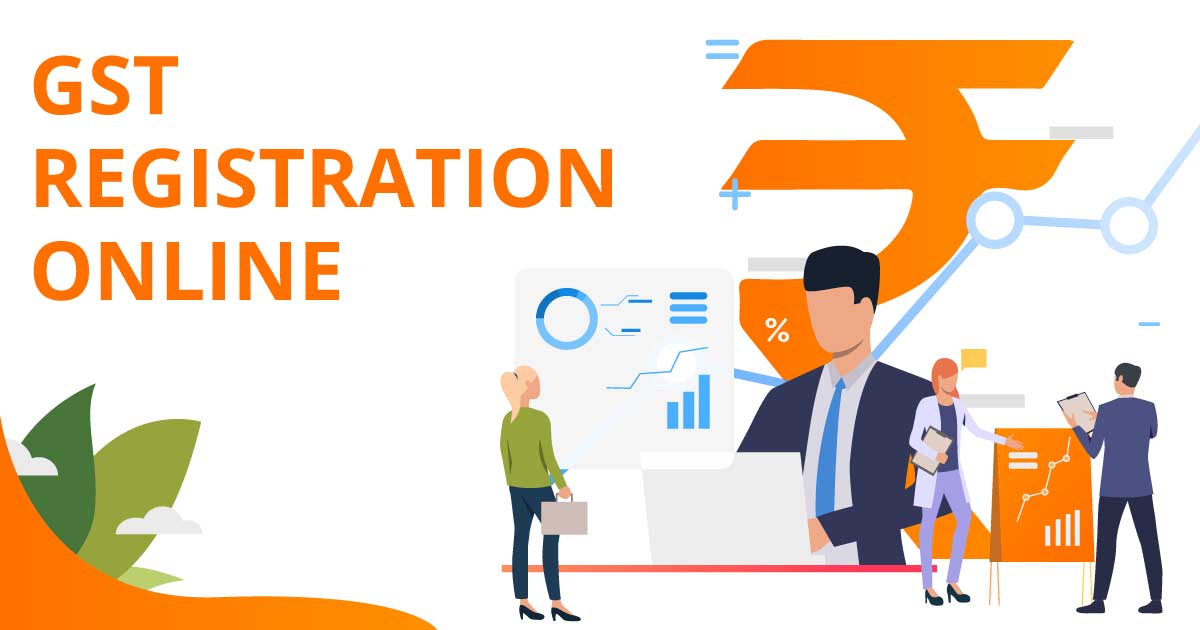Maximize Your Financial Savings with the Best GST Registration Services in Singapore
Wiki Article
From Beginning To End: The Ultimate Roadmap to GST Enrollment for Companies Looking For Financial Security
Navigating the complexities of Product and Provider Tax (GST) enrollment is a critical step for companies striving for economic stability. From recognizing the fundamental concepts of GST to abiding by post-registration guidelines, the procedure can appear discouraging initially look. Damaging down the roadmap right into manageable steps can simplify the enrollment trip for services looking to enhance their monetary standing. Let's explore the vital components that make up this supreme roadmap and uncover exactly how each stage contributes to laying a solid structure for economic success.Comprehending GST Basics
Diving into the fundamental concepts of Item and Solutions Tax Obligation (GST) is necessary for acquiring a detailed understanding of its ramifications on organizations and the economic situation. GST is a value-added tax levied on a lot of items and solutions for residential intake. It has replaced multiple indirect tax obligations that existed in the pre-GST age, improving the tax obligation structure and improving simplicity of doing organization in India. Under the GST system, both solutions and products are tired at a particular rate, which is determined based upon their category. Services are required to sign up for GST if their yearly turnover exceeds the threshold limitation established by the government. Input Tax Credit Scores (ITC) is a substantial attribute of GST, permitting organizations to claim credit report for taxes paid on inputs, reducing the overall tax worry. Understanding the essentials of GST is vital for organizations to abide by tax obligation guidelines, manage their financial resources efficiently, and add to the country's financial growth by taking part in a clear tax system.Eligibility Criteria for Registration
To sign up for GST, organizations need to satisfy specific eligibility standards developed by the government. The key eligibility requirement is that any organization associated with the supply of products or services with a yearly aggregate turn over over the threshold limit set by the authorities need to register for GST. Since the existing laws, the threshold limit for GST registration is an annual aggregate turn over of 40 lakhs for companies running within a state, besides unique category states where the limit is 20 lakhs. In addition, certain organizations are called for to register for GST regardless of their turnover, anonymous such as interstate providers, laid-back taxable individuals, and companies reliant pay tax under the reverse fee mechanism. It is vital for services to extensively examine their turn over and purchase kinds to identify their GST registration obligations precisely. Failure to sign up for GST when eligible can bring about penalties and lawful repercussions, making it important for companies to abide by the specified eligibility requirements.Files Required for Registration
Having fulfilled the eligibility requirements for GST registration, companies have to now guarantee they have the requisite documents in location to continue with the registration procedure efficiently. The documents required for GST enrollment typically include evidence of company constitution, such as partnership act, registration certification, or incorporation certificate for various types of services. In addition, organizations require to provide records establishing the primary location of organization, such as a rental agreement or electrical power expense.Step-by-Step Registration Process
Commencing the GST registration process entails a collection of structured actions to ensure a smooth and certified enrollment for services. The primary step is to check out the GST site and load out the enrollment kind with exact information of the organization entity. Following this, the candidate gets a Short-term Recommendation Number (TRN) which is made use of to resume the application procedure if it's not finished in one go.Following, all called for files based on the checklist provided by the GST portal requirement to be uploaded. These files usually include evidence of company identification, address and registration evidence of marketers, financial declarations, and company entity's frying pan card.

Post-Registration Compliance Standards

Verdict
Finally, companies seeking monetary security has to recognize the essentials of GST, fulfill eligibility criteria, collect necessary documents, follow the detailed enrollment process, and conform with post-registration guidelines - Best GST registration services in Singapore. By sticking to these actions, businesses can ensure compliance with tax obligation policies and maintain financial security in the lengthy runAdditionally, certain services are required to register for GST irrespective of their turnover, such as interstate distributors, laid-back taxable individuals, and businesses responsible to pay tax under the reverse cost device.Having satisfied the qualification criteria for GST enrollment, companies have to now guarantee they have the requisite papers in place to proceed with the registration process effectively. The files needed for GST enrollment typically consist of evidence of organization constitution, such as collaboration act, enrollment certification, or consolidation certificate for various kinds of organizations. Additionally, businesses need to offer records establishing the primary area of company, such as a rental arrangement or power bill.Commencing the GST enrollment process entails a collection of structured actions to make certain a seamless and compliant enrollment for businesses.
Report this wiki page